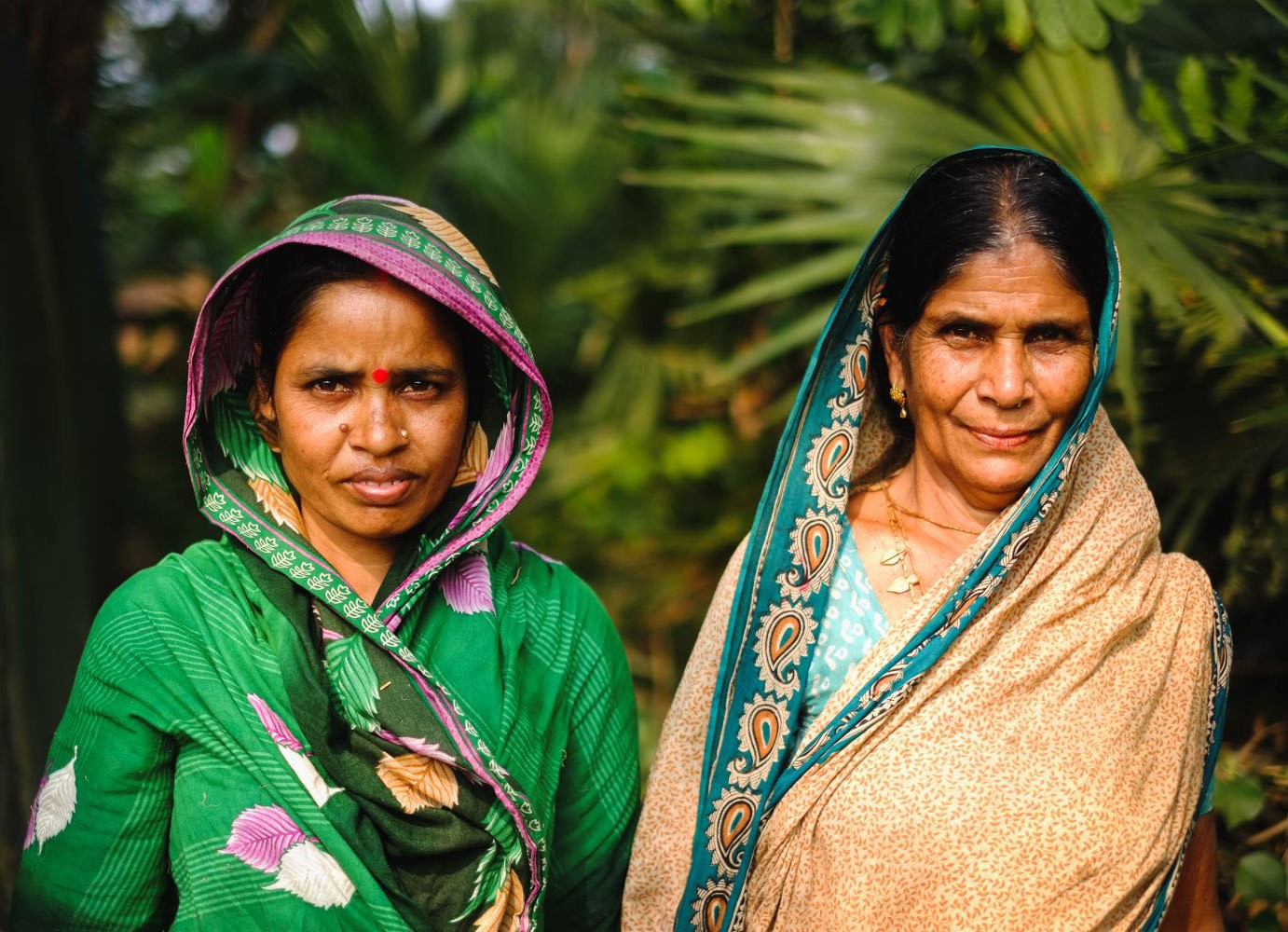Here are five wishes for the Financing for Development conference in Addis Ababa. Four are not new: I set them out in January here. One of them is new. (Can you guess which one?)
But first a note on a separate post by my colleague Owen Barder. Owen's wishes are not so much about resources (financing/“tax and spend”) for development as are mine. They are more about fundamental fixes that would make the rules of the global game more efficient, fair, sustainable, and far more friendly to the world’s poor. For the most part they are not financially costly for rich or poor nations but politically costly and so tougher for sitting governments to confront whether at home or together in Addis. Of course I agree with him heartily; his post after all encapsulates well the mission of the Center for Global Development. And after all, Addis should be a moment for countries to come together and encourage each other to confront their internal political constraints to fostering development everywhere, in everyone’s interests.
1. Sin taxes for development in rich and poor countries
I refer to taxes on tobacco and on carbon — not to raise revenue (indeed they could be revenue-neutral) but to reduce the costs that these “bads” impose on everyone, with disproportionate costs on the world’s poor. I wish for rich countries to come to Addis promising to tax carbon (or set a price via a cap and trade arrangement) and developing countries to come promising to tax tobacco.
On carbon taxes: The idea of a “tax” on carbon is toxic wording in Washington DC, despite widespread support from conservative economists. Nevertheless, perhaps the United States could promise a new push from the Obama Administration for, at least, a renewed effort to extract from Congress an increase in the 18 cent federal gasoline tax (18 cents since 1993!). After all, G20 members of which the United States is a leading member, committed to eliminating fuel subsidies, which amount to negative taxes, way back in 2009. Fuel prices are low right now making it politically easier to raise the tax, thus beginning to reduce the subsidy.
On tobacco taxes: My colleague Bill Savedoff makes a thoroughly compelling case for putting tobacco taxes on the Addis agenda here: for health, for raising domestic revenue, to save 1 billion lives in this century. He even offers up good language for Addis negotiators. I’m encouraged to see language in the draft accord actually describes tobacco taxes as an ‘untapped revenue stream for financing for development in many countries’, as my colleague Charles Kenny noted here.
2. A billionaires’ club for underfunded global public goods
Private commitments from at least 10 billionaires ($10 billion) to match public resources for development-relevant GPGs: clean energy, climate-resilience agriculture, new health technologies, disease surveillance, weather monitoring, subsidizing least developed countries’ licensing of patented technologies, etc. Their commitments would be contingent (and could be earmarked to) matching commitments from MDBs, official aid agencies, and associated with publicly funded research in OECD countries. Private commitments could be earmarked to specific issues and organizations as well, e.g, to the International Initiative for Impact Evaluation for evaluation of programs and projects in developing countries, or to the Green Climate Fund to support guarantees by development finance institutions (IFC, OPIC) to encourage private investment in renewables in Africa; or to support an Advanced Market Commitment for a malaria vaccine or a high-yielding variety of cassava.
3. More IMF resources — for global stability and growth
That Brazil, China, India, and other leading emerging-market countries, all of whom have approved the IMF quota increase, use the Addis event to call on the US Congress to act to finally end the United States’ embarrassing blockage of that increase. Some will say this should be left to quiet negotiations between the Obama Administration and the Congress. But if by July Congress hasn’t moved on it, I wish for some international naming and shaming. After all, most Americans care not only about global financial stability (remember the 2008-09 global financial crisis?) but also about their moral standing in the world.
4. More multilateralism in financing for development: more capital for the old and the new multilateral development banks
The United States and China could together take the lead in a renewal of multilateral financing of sustainable and inclusive growth. They should negotiate commitments of capital ($20 billion each would be reasonable) in the next five years to multilateral banking, divided between the old and the new multilateral development banks for public infrastructure. The “old” MDBs (World Bank, Asian, African, and Inter-American Development Banks) are looking for ways to stretch their capital and reform their governance to make it more representative and inclusive; the “new” MDBs (the Asian Infrastructure Bank, the BRICS Bank), are looking for capital and are developing their own anticorruption rules and environmental and social standards. For the world as a whole, a commitment to maintain and extend a multilateral approach promises efficiency and fairness.
5. More outcome-based transfers, across and within countries
Outcome-based transfers encourage local experimentation and innovation and “ownership”, whether across or within countries.
Aid funders could resolve to have a modest 10 percent of their transfers, by 2020, programmed to pay ex post for verified development outcomes in recipient countries. UK DfID has paid for progress in learning at schools in Ethiopia; and the World Bank for bridges built and maintained in Nepal. In the United States, the Millennium Challenge Corporation is exploring the idea. Norway is transferring resources to Brazil for reducing deforestation (this is more about funding a global public good than about aid in the traditional sense. See wish #2 above).
Most developing countries have highly centralized revenue systems, and thus rely on relatively large transfers to lower levels of government to support spending managed locally. Federal governments (Brazil, India, Nigeria) already manage some transfers on the basis of performance. (Here is a recent example from India.) It would be notable and indeed exciting if the Addis outcome document (a-ha: the “outcome” document!) included an endorsement of the idea of piloting more outcome (or "performance-based”) approaches at all levels.
Disclaimer
CGD blog posts reflect the views of the authors, drawing on prior research and experience in their areas of expertise. CGD is a nonpartisan, independent organization and does not take institutional positions.





